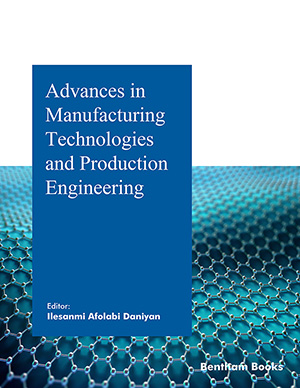Abstract
Background: With the rapid development of the power system, oil-immersed transformers are widely used in the substation and distribution system. The faults of oil-immersed transformers are a large threat to the power system. Therefore, it is significant that the faults of oil-immersed transformers can be diagnosed accurately.
Objective: To accurately diagnose the faults of oil-immersed transformers through machine learning methods and swarm intelligence algorithms.
Methods: To accurately diagnose the faults of oil-immersed transformers, a fault diagnosis method based on T-distributed stochastic neighbor embedding and support vector machine is proposed. The improved beetle antennae search algorithm is used to optimize the parameters of the support vector machine. Firstly, the non-coding ratio method is used to obtain nine-dimensional characteristic indices. Secondly, the original nine-dimensional data are reduced to three-dimensional by T-distributed stochastic neighbor embedding. Lastly, the data after dimensionality reduction are used as the input of the support vector machine optimized by improved beetle antennae search algorithm and the fault types of transformers can be diagnosed.
Results: The accuracy rate is 94.53% and the operation time is about 1.88s. The results indicate that the method proposed by this paper is reasonable.
Conclusion: The experimental results show that the method proposed by this paper has a high accuracy rate and low operation time. Mixed faults that are difficult to diagnose also can be diagnosed by this paper's method. In the era of big data, there is a lot of data on transformers, so the method proposed in this paper has certain engineering significance.
Keywords: Oil -immersed transformer, fault diagnosis, support vector machine, improved beetle antennae search algorithm, T-distributed stochastic neighbor embedding
[http://dx.doi.org/10.1109/MEI.2002.1014963]
[http://dx.doi.org/10.1109/TDEI.2015.005410]
[http://dx.doi.org/10.1007/s00500-020-04687-0]
[http://dx.doi.org/10.1007/s00521-015-2110-x]
[http://dx.doi.org/10.1016/j.isatra.2018.11.044] [PMID: 30527670]
[http://dx.doi.org/10.1016/j.ins.2014.03.128]
[http://dx.doi.org/10.1155/2014/401696]
[http://dx.doi.org/10.1007/s00500-015-1707-4]
[http://dx.doi.org/10.1109/TASC.2014.2352391]



















